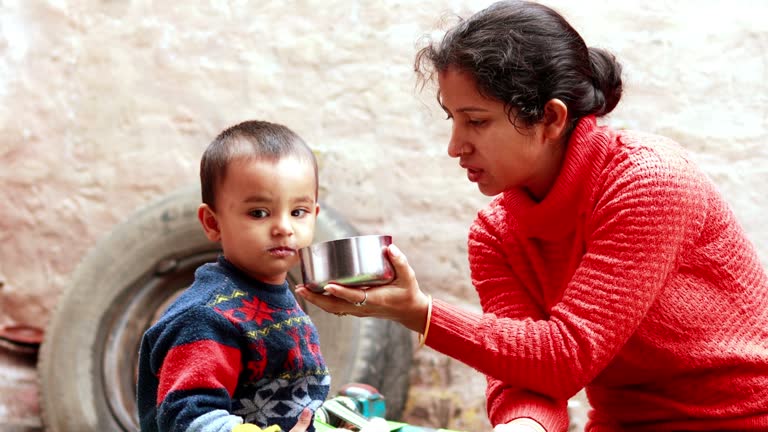In a bustling urban neighborhood Neha, a 34-year-old software engineer had seemingly everything like education, a lucrative job and access to excellent healthcare. Yet, as she sat in her doctor’s office staring at her pregnancy report, she felt powerless. This was her third pregnancy despite using contraception. Her in-laws had insisted on “trying one last time” for a boy after two daughters.
Neha’s story reflects a broader societal reality. Despite India’s progress in education and economic development, deeply ingrained cultural biases like the preference for male children persist. These biases often dictate women’s reproductive choices even in affluent urban settings. For many, their lives and bodies remain battlegrounds for tradition and progress.
In rural Bihar Asha, a 22-year-old mother of four had a different but equally challenging story. She dropped out of school at 14 and was married shortly after. With little understanding of contraception and immense pressure from her family, she had no say in her pregnancies.
Both women’s experiences underscore a critical truth that demographic advantages such as higher income, education or healthcare access do not guarantee reproductive autonomy. Societal expectations, patriarchal norms and cultural pressures often undermine their choices.
Efforts to empower women must go beyond providing education or healthcare. They must challenge deep-rooted biases, promote gender equality and support women in reclaiming control over their lives and bodies. Only then can true progress be achieved that one that secures not just material prosperity but also dignity and choice.
The path to equality lies in addressing the cultural barriers that persistently overshadow progress. Women’s rights must be seen not as a byproduct of development but as its cornerstone.




